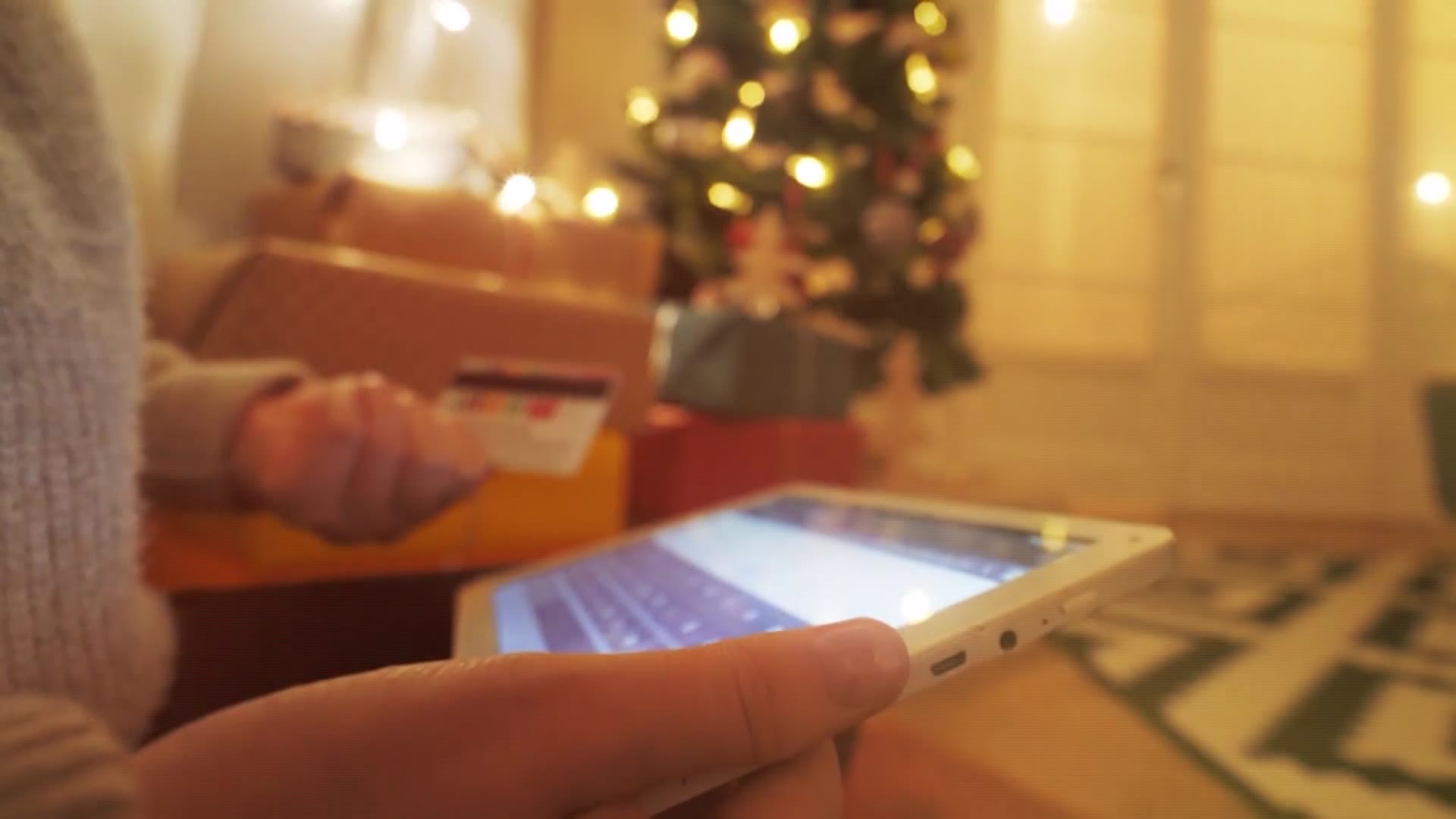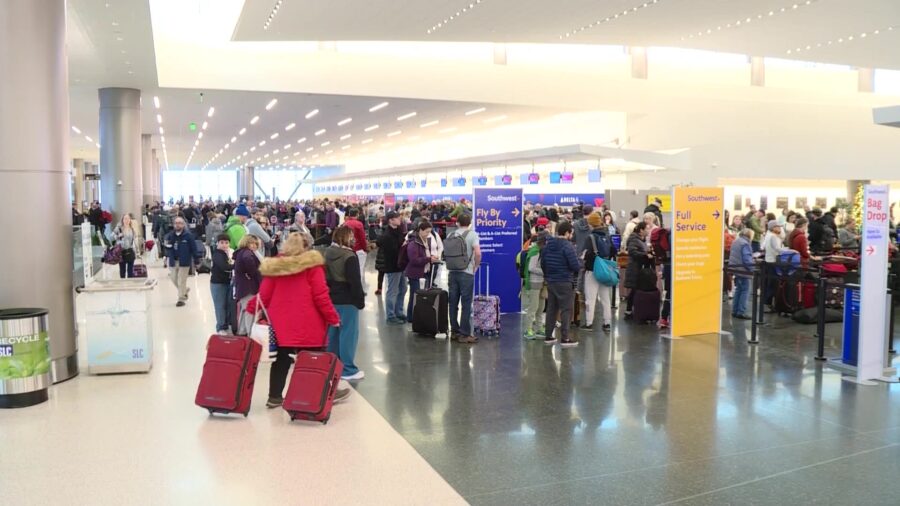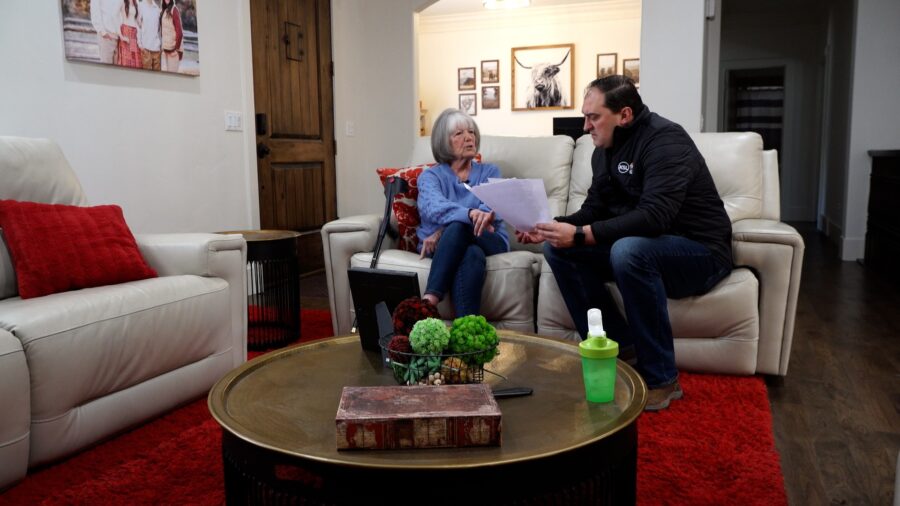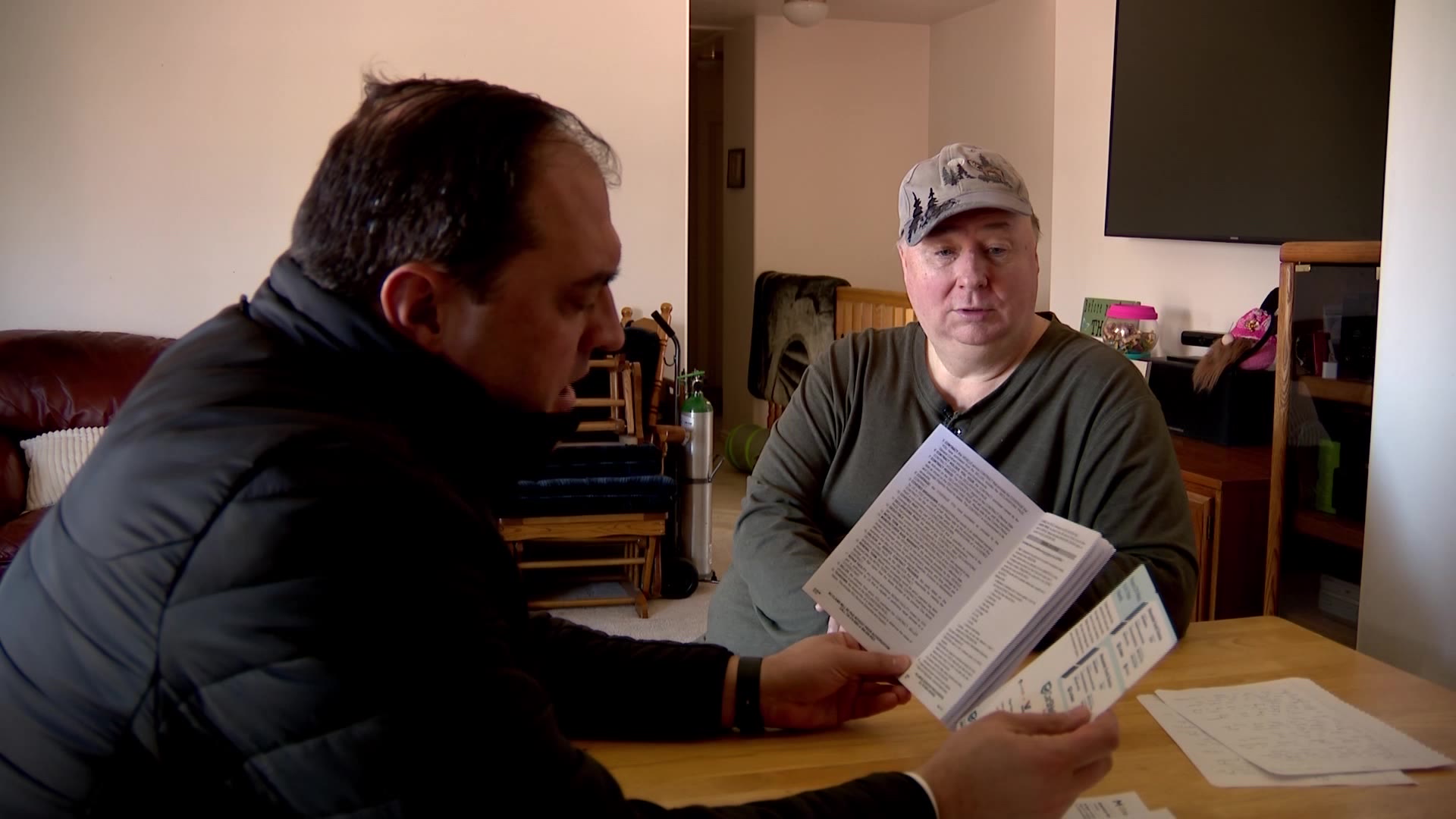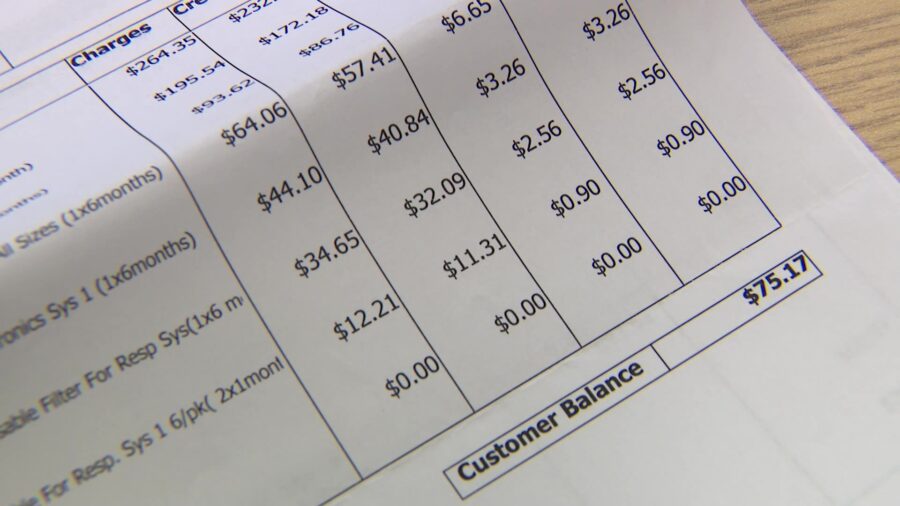Gephardt: Getting Your Coronavirus Stimulus Check & What It Means For Your Taxes
Mar 31, 2020, 9:16 PM | Updated: 9:47 pm
WOODS CROSS, Utah – Many Utahns are anxiously awaiting the federal stimulus money Congress and President Donald Trump have said is coming in a matter of weeks.
However, those stimulus checks come with caveats that may leave some waiting longer for their infusion of cash, while others may have to pay some of that money back to the IRS next year.
The stimulus is being given to folks based on their financial situation right now. The IRS will base their calculations on the taxes you filed for what you made last year. If you haven’t filed your 2019 taxes yet – the deadline has been pushed back to July 15, 2020 – the stimulus check will be based on your 2018 taxes.
A couple who filed jointly and made less than $150,000 last year can receive up to $2,400 in stimulus money. What happens if they’re no longer married? Or taxpayers will get an extra $500 for each qualifying child, but what if your dependent has left for college since your last filing and is not a dependent anymore? Or what if you make more – or less – since you last filed taxes?
These questions, and others about the stimulus checks, are keeping professional tax preparers like Brian Horne of Affordable Tax and Accounting busy.
His most common answer?
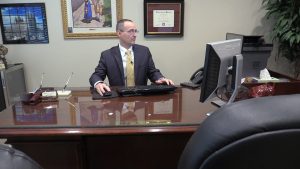
Brian Horne of Affordable Tax and Accounting has been busy answering questions about the federal stimulus money many Utahns are set to receive.
“Well, the rebate (stimulus) checks that are coming out are not really a rebate check or just a check,” Horne said. “It’s an advance on a credit for next year.”
The IRS is estimating how well you’re going to do in 2020 based on how well you did in 2019, or 2018 if you haven’t filed taxes for 2019 yet.
Millions of Americans are about to see their rebate money direct deposited in their bank account. If your financial situation has changed since your last filing, you will not be able to straighten it out until you do your 2020 taxes next year, Horne said.
“If there are credits you didn’t get, you will then get them into the next year when you file your taxes,” he said.
For some, that could be very bad news. Folks who made too much in 2019 to qualify for a rebate, but have since lost their jobs due to the COVID-19 pandemic, may have to wait until 2021 to get the stimulus they could really use right now.
If you’re lucky enough to find yourself in a better financial position by the end of this year, Horne said you may wind up owing the IRS next year.
“If you received a credit you should not have received, you’ll probably have to pay it back,” he said.
So, if the IRS cuts you too big of a stimulus check you might have to pay back the difference on April 15, 2021. On the other hand, if your stimulus check is too small, you’ll get to pocket the difference next year.
Horne’s last bit of advice is to be prepared and patient. Sure, some bureaucrats said the checks should be delivered within weeks, but Horne is not holding his breath.
“I don’t expect it anytime soon. The last time they (federal government) did something like this, it took about two months,” he said.
If your address has changed since your last tax filing, the IRS said you should fill out their Form 8822.
If you need to update or add your bank account information with the IRS so it can direct deposit your stimulus money, the IRS said it is developing a web-based portal to allow you to do that online in the next few weeks.
More information on that and other aspects of the stimulus can be found here.
Otherwise, the IRS will deposit the stimulus money into the same bank account spelled out in your last filed tax return.
Coronavirus Resources
See the latest information from the Utah Coronavirus Task Force here.
- Have you or a family member been affected by coronavirus issues in Utah? KSL TV wants to hear from you. Contact KSL by emailing social@ksl.com.
- What is COVID-19? Here’s What You Need To Know To Stay Healthy
- What We Know And Don’t Know About The Coronavirus
- Four Common Coronavirus Questions Answered
- The latest coronavirus stories from KSL TV can be found at our Staying Safe: Coronavirus section.
- Your Life Your Health: How can parents prepare their home, children against coronavirus?
How Do I Prevent It?
The CDC has some simple recommendations, most of which are the same for preventing other respiratory illnesses or the flu:
- Avoid close contact with people who may be sick
- Avoid touching your face
- Stay home when you are sick
- Cover your cough or sneeze with a tissue and then throw the tissue in the trash
- Wash your hands often with soap and water for at least 20 seconds, especially after going to the bathroom, before eating, and after blowing your nose, coughing or sneezing. Always wash your hands with soap and water if your hands are visibly dirty.
- If soap and water are not readily available, use an alcohol-based hand sanitizer with at least 60% alcohol.
The CDC does not recommend wearing a face mask respirator to protect yourself from coronavirus unless a healthcare professional recommends it.
How To Get Help
If you’re worried you may have COVID-19, you can contact the Utah Coronavirus Information Line at 1-800-456-7707 to speak to trained healthcare professionals. You can also use telehealth services through your healthcare providers.
Additional Resources
If you see evidence of PRICE GOUGING, the Utah Attorney General’s Office wants you to report it. Common items in question include toilet paper, water, hand sanitizer, certain household cleaners, and even cold medicine and baby formula. Authorities are asking anyone who sees price gouging to report it to the Utah Division of Consumer Protection at 801-530-6601 or 800-721-7233. The division can also be reached by email at consumerprotection@utah.gov.

